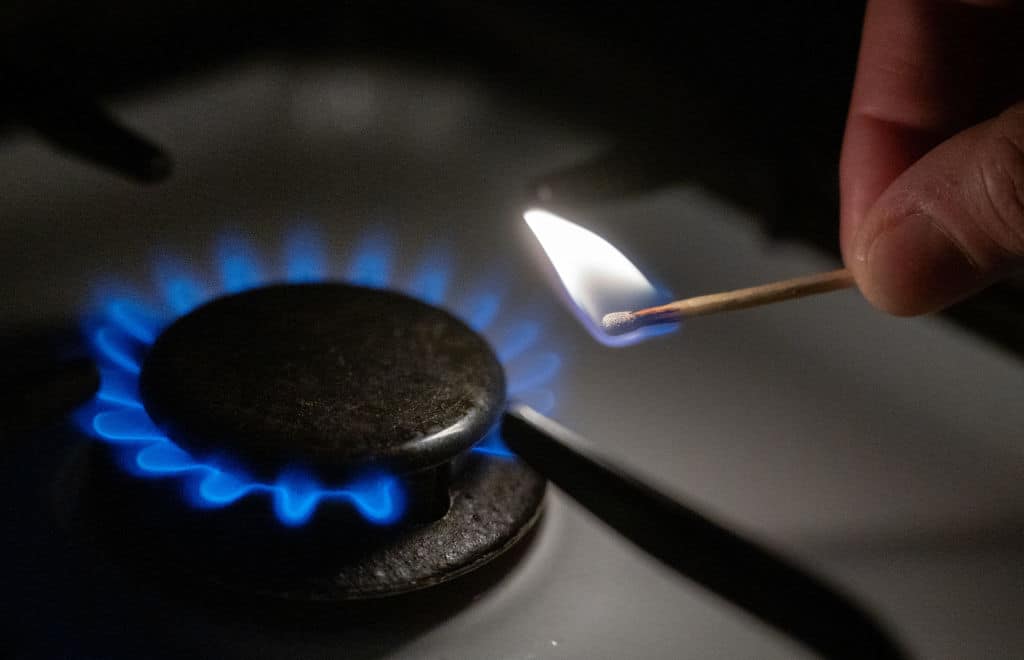
*Gas stoves and ovens emit more planet-warming gases than previously thought.
According to new research from scientists at Stanford University, “the emissions from gas stoves in US homes have the same climate-warming impact as that of half a million gasoline-powered cars — far more than scientists have previously estimated,” CNN writes.
“This new study confirms what environmental advocates have been saying for over a decade now, that there is no [such thing as] clean gas — not for our homes, not for our communities and not for the climate,” Lee Ziesche, community engagement coordinator for Sane Energy, a non-profit climate justice group that was not involved in the research, told CNN. “From the drilling well to the stoves in our kitchens, fracked gas is harming our health and warming the planet.”
OTHER NEWS: Shipping Container Boutique Hotel Owned By Black Woman Coming to Indianapolis | VIDEO
Here’s more from the report:
Methane, the main component of natural gas, is a potent planet-warmer. It is around 80 times more powerful in the short term than carbon dioxide, scientists say. The study also found that in homes without range hoods, or with poor ventilation, the concentration of harmful nitrogen oxides — a byproduct of burning natural gas — can reach or surpass a healthy limit within minutes, especially in homes with small kitchens.
Gas stoves and ovens leak significant amounts of planet-warming methane whether they are on or off. The study estimates stoves release 0.8% to 1.3% of their natural gas into the atmosphere as unburned methane.
“If someone says they don’t use their stove, and so they’re not actually emitting any methane, well, that’s actually not true because most of the stoves that we measured had at least a slow bleed of methane while they were off,” said Eric Lebel, who conducted the research as a graduate student at Stanford University and is now a senior scientist at PSE Healthy Energy.
CNN writes, “The study also suggests that the federal government is underestimating the amount of methane emissions leaking from homes, which the researchers found was 15% higher than the Environmental Protection Agency’s estimate for all residential emissions in 2019.”
“This new study is a really great example of how widespread the sources of greenhouse gas pollution are,” said Charles Koven, a scientist at the Lawrence Berkeley National Laboratory.
“Getting to net zero isn’t a matter of replacing just the cars or just the power plants that burn fossil fuels with alternatives that don’t,” he added. “We need to look at everything that uses fossil fuels, even the sources as seemingly small as leaky gas pipes that power the stoves in our kitchens, and realize that all of these tiny sources can add up to big climate impacts.”
“It’s neither just a climate issue, not a health issue, but it’s both together,” Lebel said. “When people are deciding whether or not to put out a gas ban, they should consider the climate and health impacts and what the benefits of electrification would be. And it seems pretty clear what the science is showing.”
We Publish News 24/7. Don’t Miss A Story. Click HERE to SUBSCRIBE to Our Newsletter Now!





